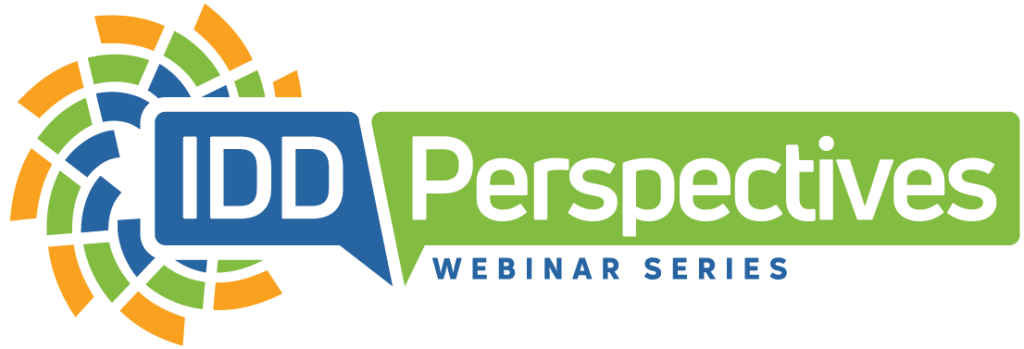IntellectAbility Driving Meaningful Change in Care for At-Risk Population
IntellectAbility is advancing proactive healthcare in the intellectual and developmental disabilities (IDD) field through its powerful Health Risk Screening Tool (HRST®). The HIPAA-compliant, web-based instrument enables service providers and caregivers to identify early signs of health destabilization in at-risk populations, facilitating timely intervention and improved outcomes.
“No other tool combines the HRST’s reliability, clinical validation, and ability to revolutionize health risk detection and care planning,” says Dr. Craig Escudé, president.
HRST is the only third-party validated screening solution designed specifically for people with IDD. Backed by decades of field experience and trusted expertise, it has supported the proactive care of more than 130,000 people across 26 states in the U.S.
For people with IDD, the tool drives swift, life-saving interventions that avert unnecesary suffering, hospitalizations, and even fatalities. Supporters and caregivers can anticipate needs, rather than reacting to crises, and implement preventative measures to enhance quality of life. Healthcare facilities and health plans benefit from fewer emergency visits and reduced strain on resources, which improves efficiency and lowers overall healthcare costs.
The origin of the HRST dates back to the early 1990s, when Karen Green McGowan, a nurse at Glenwood State Hospital School, confronted the neglect, overcrowding, and high mortality faced by people with IDD. She dedicated herself to providing supporters and caregivers with the knowledge and tools to recognize and address overlooked health risks. While consulting on the safe transition of 240 individuals from institutions to community settings, she was asked to develop a method to determine who required specialized care. This work led to the creation of the HRST.
The tool utilizes a structured questionnaire with straightforward yes-or-no answers to assess 22 potential areas of concern. They cover issues such as swallowing and choking, aspiration, seizures, medication side effects, adverse behaviors, and mobility challenges to capture a comprehensive picture of an individual’s health risks.
After the screening is completed, the HRST analyzes the responses to pinpoint the most urgent risks for that person. It then produces a person-specific action plan that recommends next steps such as follow-up medical care, specialized services, or focused training for caregivers.
The screening can be completed quickly by any supporter, including family members and non-clinical staff, without extensive medical training.
Real-world results illustrate its impact. One individual struggled with severe behavioral issues that prompted plans for psychiatric hospitalization. IntellectAbility’s HRST pinpointed undiagnosed dental pain as the likely cause. After a dental exam revealed multiple abscesses and treatment was provided, the behaviors disappeared, avoiding unnecessary medication and a costly hospital stay.
In another case, a person endured recurring bowel obstructions from severe constipation, a dangerous and painful condition. The HRST directed supporters to preventive steps, including targeted dietary changes, improved posture, and vigilant monitoring. The proactive guidance replaced crisis treatment with consistent care, sharply reducing emergencies and restoring comfort and health.
IntellectAbility complements the tool, serving as an official provider of NADSP-accredited education for direct support professionals and frontline supervisors. E-learning courses and person-centered thinking training for agencies, support staff, and physicians help them recognize early health risks and apply practical, individualized care and support strategies.
Serving a growing community nationwide, IntellectAbility empowers supporters to proactively safeguard the health and well-being of people with IDD—and other at-risk populations, including those who are aging—setting a new standard for person-centered support.
This article originally appeared on Healthcare Tech Outlook at https://www.healthcaretechoutlook.com/intellectability.





